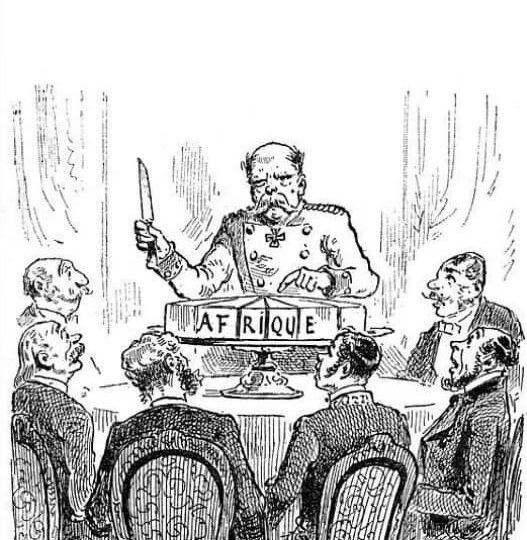Sub-Saharan Africa’s political instability can be traced directly to its colonial past. European powers, during the late 19th and early 20th centuries, divided the region without regard for ethnic, cultural, or linguistic realities.
The artificial borders created rivalries where none existed and forced together groups that had long-standing hostilities. As colonial governments focused solely on resource extraction, they neglected building lasting institutions. After independence, many nations inherited fragile systems prone to collapse.
Ethnic Divisions and Tensions
Ethnic tensions remain a root cause of instability. Colonial rulers often favored one group over another, creating deep resentments. When independence came, these divisions erupted into violence.
In countries like Rwanda, Burundi, and Nigeria, the struggle for political dominance among ethnic groups led to deadly conflicts. Leaders often manipulate these divisions to maintain power, perpetuating cycles of distrust and violence.
Weak Institutions and Corruption
Poor governance is another lasting legacy. Colonial administrations centralized power to control local populations efficiently. After independence, many leaders maintained this structure, concentrating power in the hands of a few.
Weak checks and balances created fertile ground for corruption. Public resources were often diverted for personal gain, leading to widespread poverty and disillusionment. This environment fuels coups, revolts, and civil wars across the region.
Economic Exploitation and Underdevelopment
Colonial economies were designed to serve the interests of Europe, not local populations. Infrastructure, where it existed, aimed only to move raw materials to ports. Little investment was made in education, healthcare, or domestic industries.
Post-independence governments struggled to transform these economies. Dependence on a few export commodities made nations vulnerable to global price shocks. Economic hardship breeds unrest and provides fertile ground for political instability.
The Cold War and External Interference
Sub-Saharan Africa became a battleground for Cold War superpowers. The United States and the Soviet Union supported regimes based not on democratic values but loyalty.
This external meddling propped up dictators and encouraged militarization. Proxy wars devastated countries like Angola, Mozambique, and the Democratic Republic of Congo. Even after the Cold War ended, the effects of foreign interference linger.
Civil Wars and Armed Conflict
The historical roots of civil wars are deeply intertwined with colonial legacies. In Liberia, Sierra Leone, and Sudan, deep-seated grievances boiled over into armed conflict.
These wars destroyed infrastructure, displaced millions, and destabilized neighboring regions. Rebuilding in the aftermath has proven challenging, with many countries stuck in cycles of violence and fragile peace.
Struggles with Nation-Building
Forging a unified national identity has been difficult. Colonial borders grouped diverse peoples into single states without shared histories or values.
Without a strong sense of national unity, loyalty often shifts to ethnic, regional, or religious affiliations. These divisions make political compromise difficult and governance unstable.
The Role of Leadership and Governance Failures
Leadership failures compound historical challenges. Many post-independence leaders prioritized personal power over national development.
Authoritarianism, election rigging, and suppression of dissent have been common. In countries like Zimbabwe and Cameroon, long-standing rulers have clung to power, deepening crises and stifling progress.
The Way Forward: Building Resilient Societies
Despite these challenges, there is hope. Civil society across the region is growing stronger. Youth movements, grassroots organizations, and democratic reforms offer a path toward stability.
Strengthening institutions, promoting inclusive governance, and addressing historical grievances are key steps forward. Economic diversification and education can empower populations and reduce reliance on corrupt systems.
A History That Demands Healing
Sub-Saharan Africa’s history has undeniably shaped its current political landscape. Colonialism, ethnic division, weak institutions, and external meddling left deep scars.
However, resilience and determination shine throughout the region. By learning from the past and investing in people, governance, and unity, the nations of Sub-Saharan Africa can chart a new course toward lasting stability

